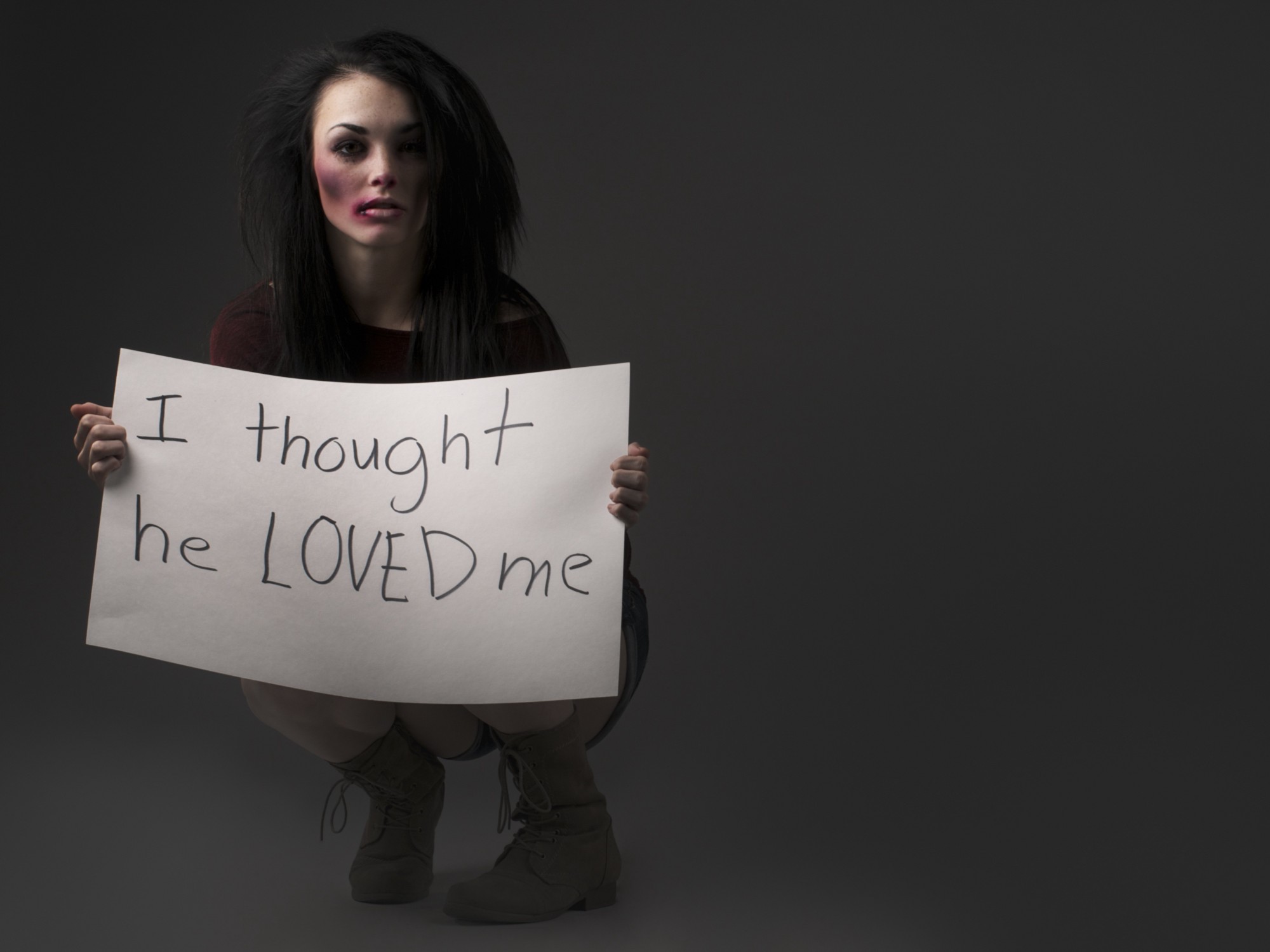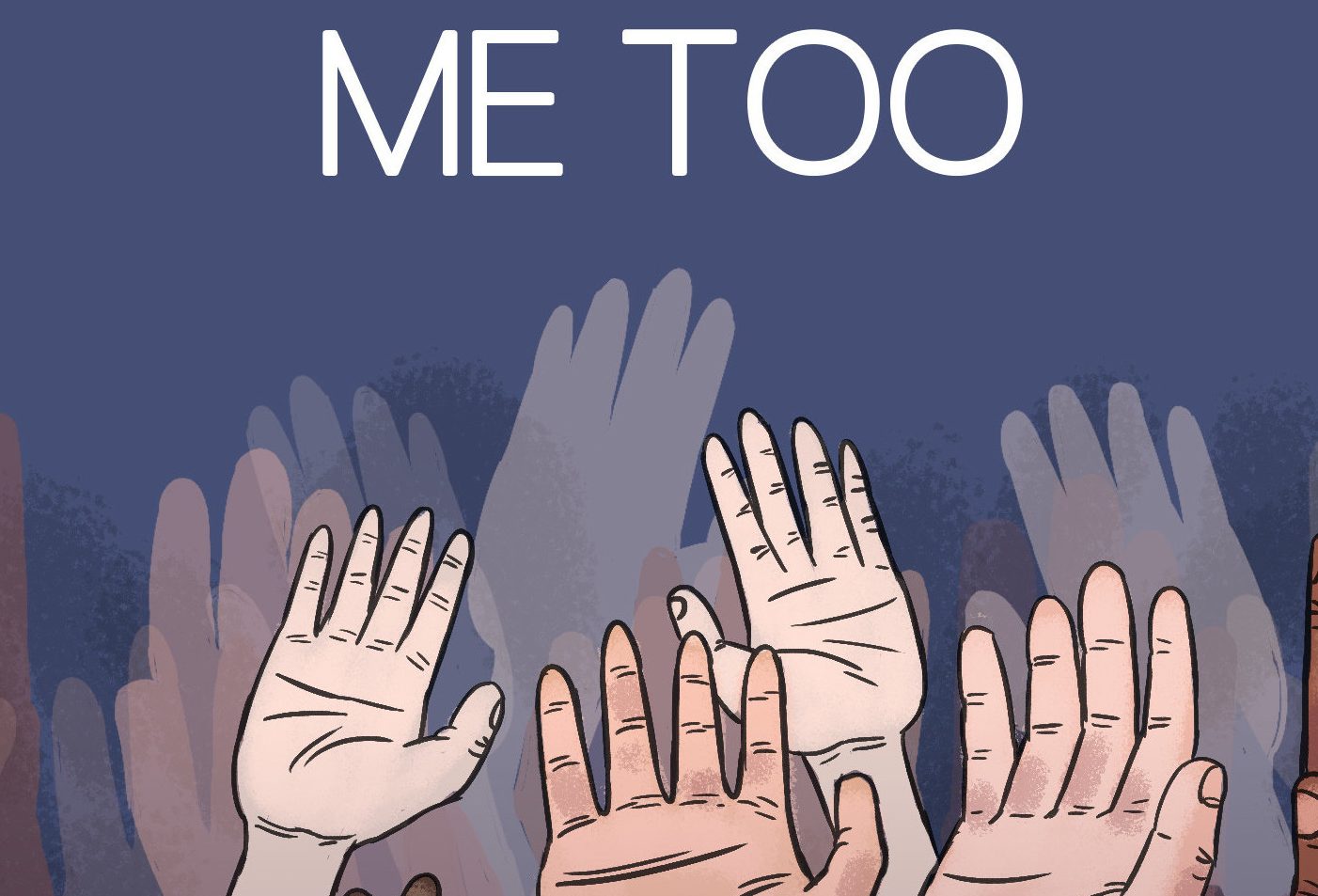The year 2017 was a remarkable one for women with a true discussion on sexual violence and other related crimes sparked by #MeToo. For years women have been dancing around the subject with many trials of accused sexual assaulters such as Steubenville, Brock Turner and Bill.
Finally, women have been able to freely share their stories of sexual violence without feeling ashamed or threatened by social backlash, and multiple stories arise across social media platforms, from Twitter to Facebook.
While these accounts were heart-wrenching to read, the time had come for women to band together in this effort to reveal sexual abuse done at the hands of men in power. The #MeToo movement (or #TimesUp) has begun to make gains in form of either real criminal convictions (Larry Nassar’s verdict) or societal punishment (Harvey Weinstein’s firing).
It is clear that #MeToo has changed our current discussion on sex and what is consider appropriate behaviors. Its power has grown incredibly over recent months, which prompts the question of how to expand the discussion to utilize that momentum.
Sexual violence is one issue women face; akin to it is physical and domestic violence. One in every three women in the U.S. have been abused by an intimate partner, and it’s time for the #MeToo movement to act on these stories.
Recent turns of events reveal that the problem of women abuses spread more widely and deeply than we may have expected, involving even the politically high-profile in the U.S. Most recently, the current administration is struggling to defend their support of Rob Porter in the face of an allegation of wife abuse .
The allegation prompts more moral questions beyond the rhetorical one of whether the President is justified in having hired a man accused of beating his wives. This is why it’s urgent for the #MeToo movement to move the conversation to a broader scope to address other issues of women’s rights as well.
A great place to start the discussion of physical and domestic violence is the recent interview of Uma Thurman, the famous main cast of “Kill Bill,” on her interactions with Harvey Weinstein as well as director Quentin Tarantino. While her story on Weinstein were rather tame compared to the numerous accounts of sexual violence by his hands, her experience with Tarantino left many fans shocked.
Tarantino used to consider Thurman his muse, which makes their friendship all the more famous and somewhat divine among the noises of the entertainment world.
Yet, it did not prevent him from choking and spitting on her during the filming of “Kill Bill,” nor did it prevent Tarantino from demanding Thurman drive an unsafe car, for the sake of a shot, without proper medical assistants onset and moving her from the scene of a crash without medical care.
Thurman herself admits that she suffered permanent damage from this crash, all brought about by the one man who supposedly cared for her.
Some have claimed Tarantino is blameless in this case since Thurman agreed to all the above, but the undeniable fact is that as a woman, she was pressured to do something by a male superior who, worst of all, she considered a friend. Thurman wanted a stunt double to do her scene; Tarantino denied the request due to time and cost.
Only out of fear did she agree to do such dangerous scenes herself, not because she felt safe to do so. Tarantino, under the disguise of a collateral effort to create realistic scenes, certainly abused his position of power as the director of “Kill Bill” and that should not be taken lightly.

Sadly, Tarantino is not the only director in the movie industry that came down with allegations of power abuse to actresses, which was non-sexual but left just as much damage physically and mentally. Some of them are rather famous, such as Alfred Hitchcock, whose successful creative products veil all the abusive behaviors during their making.
Tarantino, after all, acknowledges his wrongdoings in treatment of Thurman and claimed it the biggest regret of his life, which is encouraging to those seeking better treatment of women in the workplace, but people still need to hold him accountable for his past actions.
The reaction to Tarantino’s case needs to send a warning to all men who commit abusive actions under the disguise of love and care.
“Personally, it has taken me 47 years to stop calling people who are mean to you ‘in love’ with you. It took a long time because I think that as little girls we are conditioned to believe that cruelty and love somehow have a connection and that is the sort of era we need to evolve out of,” Thurman says.
Her statement brings to light of the toxic culture that enables both physical and sexual violence in everyday life. This “conditioning,” as Thurman referred to it, keeps women from speaking out and realizing how damaging domestic and physical violence is, and it is time people started sharing these stories.
Thurman’s story is not a lone-wolf one; it is extremely common to hear among women accounts of physical violence and injuries they have received at the hands of men who claim they care. These stories are equally important to ending women abuse as a whole as they peal off the masks of abusers and force them to face their wrongdoings.
Sexual and physical violence have the same root causes: toxic masculinity, abuses of power and male privilege. It is important for people to not only end sexual violence but to end all violence done to women.
In order to have an equal society, people need to ensure women feel safe among men and never have to worry about which man will harm them. Therefore, #MeToo, with its momentum and support power, needs to evolve from fighting against sexual assault to ensuring women’s safety.

















